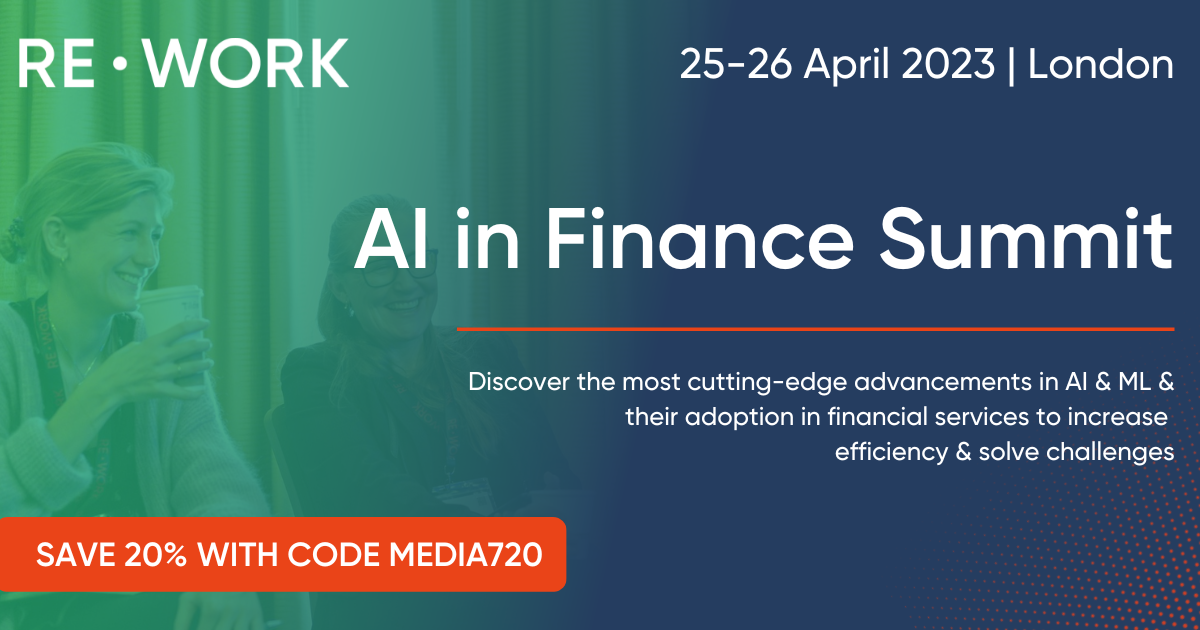Severance Hospital has achieved a significant breakthrough in healthcare by developing artificial intelligence (AI) software that can predict the risk of chronic kidney disease (CKD) based on retinal examination results. Led by Professors Joo Young-soo at Yongin Severance Hospital and Park Jung-tak at Severance Hospital, the research team has harnessed the power of AI to revolutionize the early detection and prevention of CKD.
Chronic kidney disease is a condition characterized by persistent decreased kidney function or proteinuria for more than six months. Commonly caused by diabetes and high blood pressure, CKD is often called a “silent disease” because symptoms are not typically present until it has reached an advanced stage. Since there is currently no cure for CKD, medical professionals emphasize the importance of prevention.
Retinal examination offers early detection
Blood tests have been the primary method used to estimate glomerular filtration rate, which helps assess the risk of CKD. However, this approach had limitations, as external factors like age and exercise could easily influence the glomerular filtration rate, making it challenging to measure risks in individuals with normal kidney function accurately.
Considering the similarities between the microvessels in the kidneys and the retina, the research team at Severance Hospital conceived the idea of utilizing retinal examinations to predict CKD risk. Since patients with diabetes, a leading cause of CKD, routinely undergo retinal examinations to monitor complications, the retina offers a promising avenue for early detection.
Training the AI and assessing effectiveness
To develop the AI program, the research team trained it using data from 80,000 individuals who had undergone retinal examinations and had their glomerular filtration rates measured at Severance Hospital. With this data, an algorithm was created to analyze the risk of developing CKD. By examining the blood vessels in retinal images, the AI accurately predicted the decrease in glomerular filtration rate and assessed the risk of CKD development.
To validate the effectiveness of the AI’s predictions, a combined sample of 35,000 individuals with diabetes from the U.K. Biobank study and patients from Korea were evaluated. Retinal photographs were analyzed to determine whether CKD had developed over up to 10.8 years. The results demonstrated that the AI software outperformed the estimation method based on glomerular filtration rate.
Professor Park states, “It was difficult to predict the possible occurrence of CKD if kidney function is normal.” However, with the AI program developed by the research team, an opportunity exists to identify high-risk groups for CKD and implement preventive measures. This groundbreaking technology allows for early intervention and potentially saving countless lives.
The remarkable research findings were recently published in the npj Digital Medicine, further solidifying the significance of this breakthrough. The study highlights the potential impact of integrating AI technology into healthcare practices and the positive outcomes it can generate.
Future Implications and Collaborative Efforts
Severance Hospital’s AI program represents a significant step forward in healthcare innovation. As this technology continues to evolve, it promises to transform the diagnosis and treatment of various diseases. The collaborative efforts between Severance Hospital and Mediwhale, a local company specializing in AI diagnostic solutions, have been instrumental in achieving this breakthrough.
With ongoing research and development, Severance Hospital’s AI program may serve as a foundation for further advancements in early disease detection, empowering healthcare professionals to provide timely interventions and improve patient outcomes.
Developing an AI program capable of predicting the risk of CKD through retinal examinations is a game-changer in the healthcare field. By harnessing the power of AI, Severance Hospital has taken a significant stride toward early detection, prevention, and treatment of chronic kidney disease. The future looks promising as this groundbreaking technology continues to be refined and integrated into medical practices worldwide.





